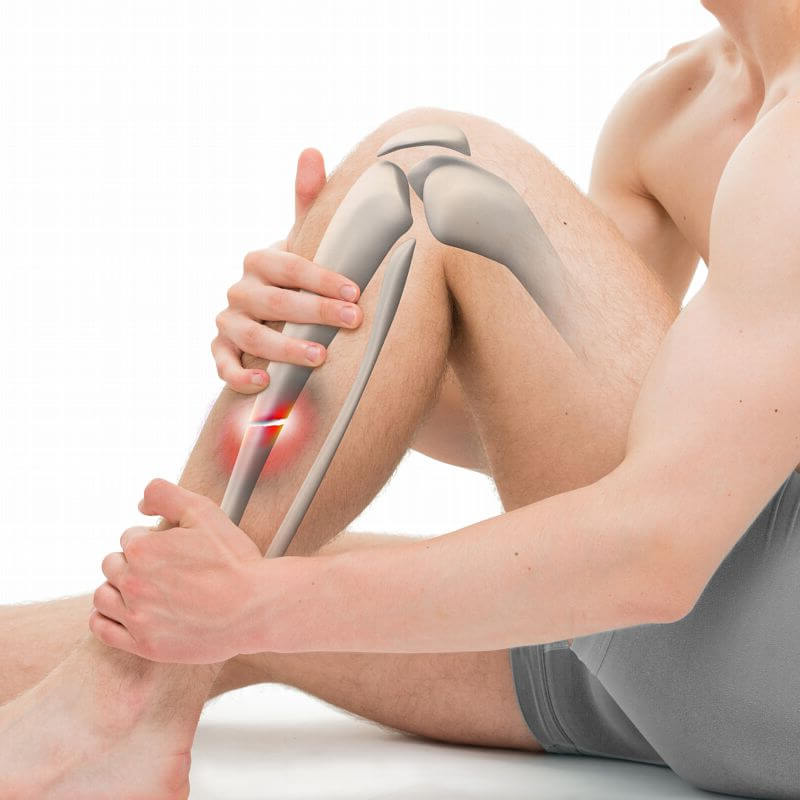Complex Trauma and Fracture Management: An Overview
Complex trauma and fractures are types of wounds that cause significant harm to the bones, joints, and encircling tissues. For best results, these injuries frequently need specialised treatment and surgical intervention. Complex trauma and fractures can be difficult and unpleasant situations, whether they result from a fall, a sports injury, or a high-impact collision.

What Causes Complex Trauma and Fractures?
- High-Impact Accidents: Due to the high forces involved in car accidents, falls from great heights, and sports-related injuries, complicated trauma and fractures can occur.
- Osteoporosis: In older people, specifically, the risk of fractures can rise as a result of the thinning of the bones brought on by diseases like osteoporosis.
- Repetitive Stress: Certain jobs or hobbies that place repetitive strain on a particular joint or bone might cause stress fractures or other long-term ailments.
- Underlying Medical Conditions: A person may be more susceptible to complicated fractures if they have underlying medical conditions including bone tumours, infections, or congenital diseases.

Typical Characteristics of Complex Trauma and Fractures
Complex fractures and trauma have the following features and characteristics:
- Involvement of Multiple Bones: Complex fractures can involve several joints, bones, or even bone pieces. Due to this, fracture patterns may become more complex and necessitate specialised care.
- Severe Displacement: Complex fractures often exhibit more severe displacement or misalignment of the broken bone fragments. Significant deformities and instability may result from this.
- Joint Involvement: Articular fractures or dislocations may result from complex trauma that affects joints. These wounds may require surgical intervention to restore normal anatomy since they may have long-term effects on joint function.
- Damage to Surrounding Soft Tissues: Complex fractures can seriously harm the surrounding tendons, ligaments, muscles, nerves, and blood vessels. Complications like compartment syndrome or reduced blood flow to the affected area may result from this.

- Open Fractures: Complex fractures may lead to open sores where the broken bone pokes through the skin. Open fractures are more likely to become infected and frequently call for prompt surgical intervention and wound care.
- Comminution: Comminuted fractures occur when the bone breaks into many pieces. These fractures frequently need surgical treatment because they are more challenging to align and stabilise.
- Accidents: High-velocity incidents, such as car accidents, falls from great heights, or sports- related injuries, sometimes result in complex trauma. Greater injuries may result from these occurrences’ use of force.
- Neurovascular Complications: Fractures and complex injuries may harm adjacent nerves and blood vessels, resulting in circulation problems as well as sensory or motor deficiencies. It’s critical to diagnose and treat these issues as soon as possible.

Treatment Options for Complex Trauma and Fractures:
The kind, location, and degree of the injury all influence how complicated trauma and fractures are treated. A wide variety of treatments are available from Dr. Swapnil Verman, including the following:
- Surgical Intervention: Complex fractures frequently need surgical correction, which may involve the use of plates, screws, rods, or other fixation devices to stabilise the bones and encourage healthy healing.
- Casting and immobilisation: In less serious situations, immobilising the patient with splints or casting may be enough to allow the bones to recover.
- Physical therapy: After complex trauma and fractures, patients need rehabilitation to help them restore strength, movement, and function.
- Pain management: To make sure patients are as comfortable as possible while recovering, effective pain management techniques are used.

Preventing Complex Trauma and Fractures:
Even though not all accidents can be avoided, there are steps you can take to lower your risk of fractures and complex trauma:
- Use safety precautions when engaging in risky sports or hobbies.
- A balanced diet and regular exercise can help you maintain bone health, especially as you become older.
- When participating in activities where there is a risk of injury, wear protective gear and tools.
Get Multidisciplinary Care for Complex Trauma and Fracture Management by Dr. Swapnil Verman
Complex trauma and fracture management necessitate a multidisciplinary approach. To maximise functional outcomes and reduce long-term consequences, the treatment approach is customised to the individual needs of the patient and the unique aspects of the injury. Trust Dr. Swapnil Verman, an experienced orthopaedic specialist in Mathura, Uttar Pradesh, for competent complex trauma and fracture care.

Dr. Swapnil Verman
Contact us
Make an Appointment
Contact
+ 91 9760070333
Location
Verman Hospital,Sadar Road,Mathura,281001
